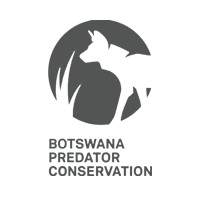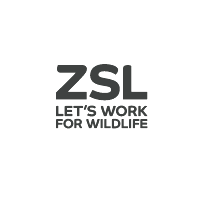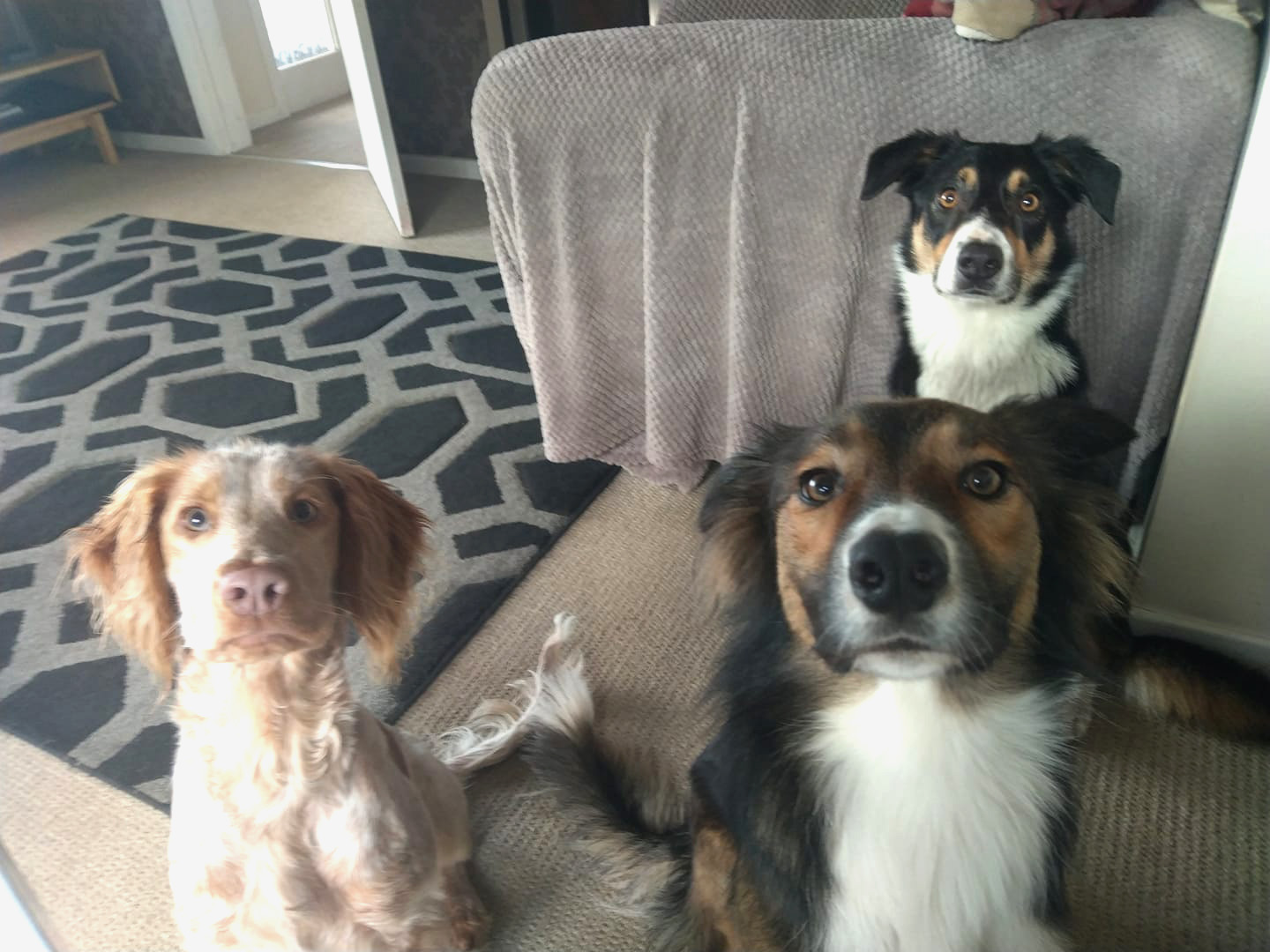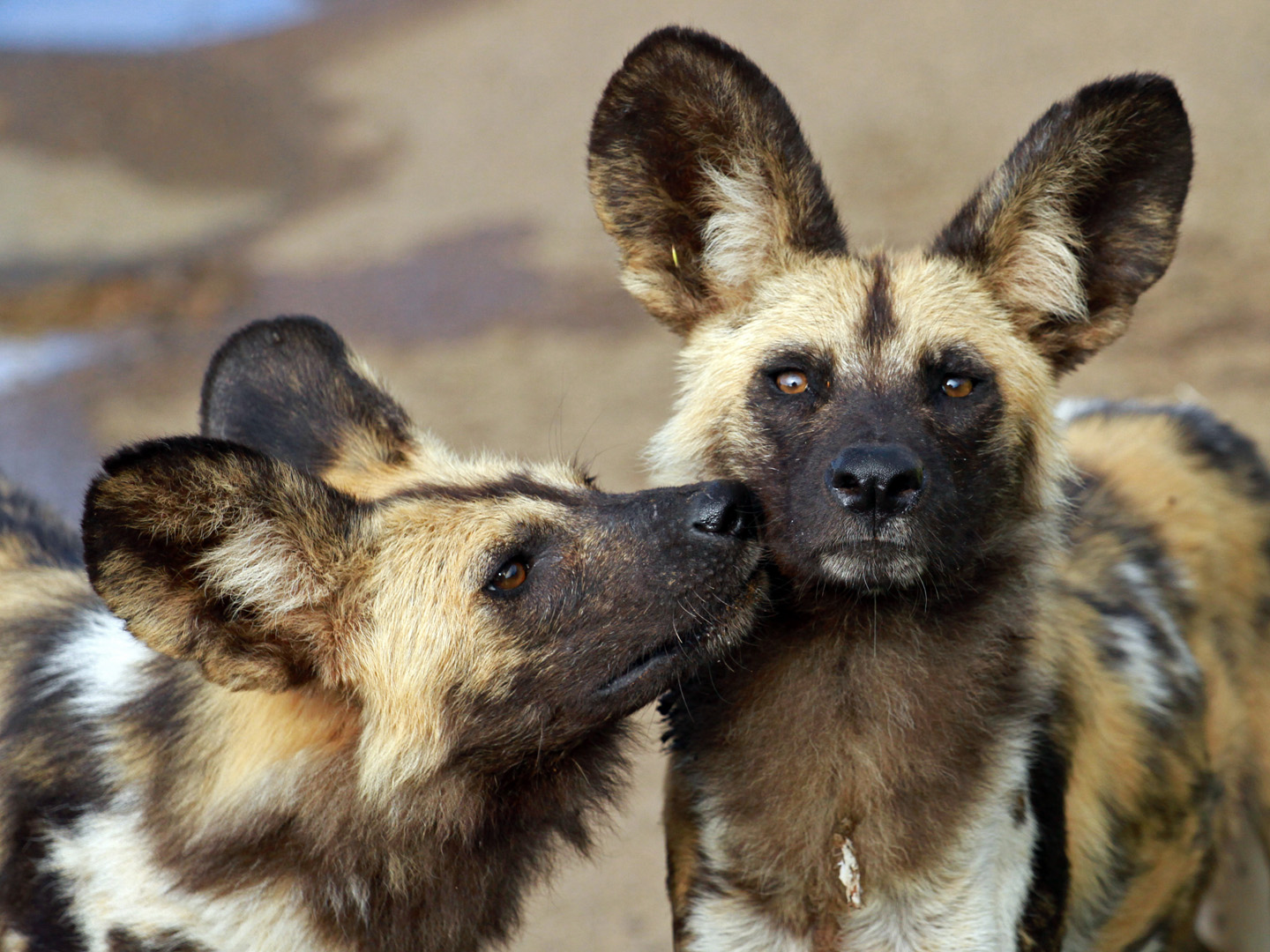We need your help to monitor the behaviour of
African Wild DogsDomestic dog volunteers required
What’s Carnivore Bytes?
The Carnivore Bytes project aims to monitor the behaviour and status of endangered African Wild Dogs and African Lions through the use of acoustic collars. Both species are declining in the wild, with approximately 6,600 African Wild Dogs remaining. Carnivore Bytes was established by the University of Washington in partnership with the Botswana Predator Conservation Trust.
To automatically detect behaviour in the wild, we are exploring the use of machine learning to “teach” the collar certain acoustic signatures, such as panting, eating and drinking. This could help us to better understand how an increase in temperature caused by climate change may affect the wild dogs and enable us to monitor and quantify the amount of food and water packs have access to.
We require domestic dog volunteers to help us establish a database of all of the sounds dogs make so we can train an acoustic model. If you’re interested in volunteering (your dog) to participate in this unique project to help endangered African Wild Dogs, watch our short video above to learn more about participating and then complete a registration form to take part.
Project partners & technology providers





How does it all work?
1) Clip our recorder to your dog's collar
We’ll send you a small acoustic recorder that contains a “microMoth”. This is a new low-cost acoustic device from Open Acoustic Devices. It clips to your existing dog’s collar using zip ties.
2) Turn the recorder on when needed
We’ll provide you with a list of acoustic events that we’d like you to capture. When ready, just turn the recorder on (i.e just before a run in the park) and then off again using a switch on the device.
3) Use our app to tell us what you captured
We’ll provide you with an app that you can use to tell us what kind of sounds you think you captured and at what time. We’ll discard any other sounds that you may have picked up and only use the recording that you registered.
How will we know it’s working?
4) We'll test the collars with ZSL
Working together with keepers and researchers at the Zoological Society of London, we’ll verify that the collars are detecting specific sounds by ground truthing (watching or using CCTV video) to map observed behaviour to actual acoustic events.
5) Deploying in the wild
Once we know that the collars are working as expected, we’ll first deploy them on a wild dog pack in Botswana as part of the Botswana Predator Conservation Trust’s field work programme.
Frequently Asked Questions
Do I have to return the acoustic recorder once the project has ended?
If possible, we would appreciate the return of the recorder so we can re-use it in future projects. If shipping costs are high, you can also just upload the data, or just post us the microSD card as a minimum. Our office is in the United Kingdom, so it may not be financially viable to post a recorder back internationally in some cases.
Why don’t you re-use recorders by collecting them and posting them to other participants?
Inline with Covid-19 restrictions, we won’t be able to re-distribute devices that have been returned to us for others to use to prevent any possible transmission. We would have liked to have been able to do this, but for the safety of participants (both human and dog) each recorder will only be used by one participant.
What if the recorder picks up other sounds (human voices etc)
We will only use the audio clips that have been registered in the application. You will be able to specify the start time and end time of the recording you’d like us to use, so if for example you turned on the recorder and only wanted to capture 3 – 4 mins of panting audio whilst your dog was running (chasing a stick etc) you could start the recorder by turning the switch, talk to family or friends for a few minutes and then using the app, only submit the time of the event (i.e when the dog was running) to remove any sounds before or after the event itself.
What types of domestic dogs are you looking for?
All dogs are invited to participate. The size of the recorder may be prohibitive for the smallest of dogs, so you will need to govern if your dog is able to help. The recorder is approximately 4cm x 3cm in length, so the size of a typical domestic canine GPS logger available from pet stores.


Questions?
Project Contacts
University of Washington
Briana Abrahms | abrahms@uw.edu
University of Washington
Kasim Rafiq | kasim.rafiq@hotmail.co.uk
Technical Support
hello@arribada.org

